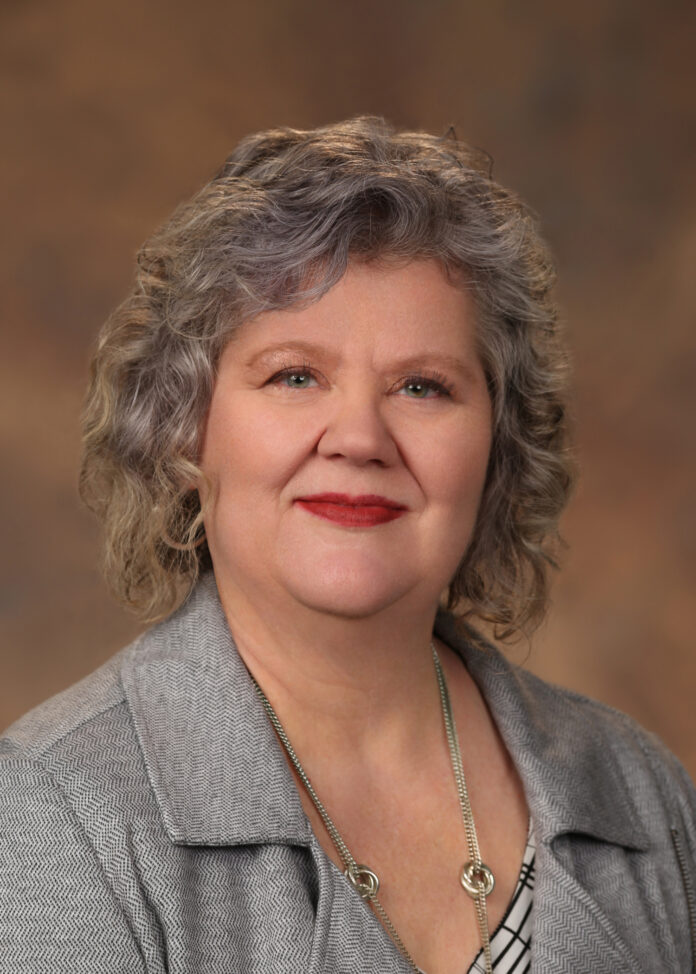
I read earlier today that it has been 500 days since the first COVID death in the U.S.
I’m not sure exactly why, but that number hit me hard. I think it’s partially because that makes it seem like so long ago, yet those 500 days have flown by.
It also makes me think about where we were 500 days ago. I would never have thought before the pandemic that at one point we would be caring for more critically ill patients in Permian Basin hospitals than we had critical care beds.
As hospitals and in the community, we drilled for years with scenarios where we had mass casualties, with the airport drills, active shooter drills and the like, but those events only lasted at most a few days. Nothing where we had the sheer quantity of patients we had during the worst of the pandemic and it went on for weeks and months, and while patient numbers are much more manageable now, COVID is not gone. I heard someone say that the other day, “now that COVID is over.” That the idea of “COVID is over” is spreading scares me because COVID is not over; COVID is mutating.
Bacteria and viruses are very good at finding ways around the barriers we as humans put in their way because of how they reproduce. Bacteria and viruses reproduce in huge numbers and they do that very rapidly. For instance, in ideal conditions, the average bacteria can reproduce in 20 minutes. Basically it works like this, if you start with one bacteria, in 20 minutes you have 2 bacteria, in 40 minutes you have 4 in an hour you have 8 and it just keeps going up from there.
At that rate, it only takes 6 hours and 40 minutes and you have more than a million bacteria. Because the numbers double every 20 minutes, after another 3 hours and 20 minutes (a total of 10 hours) you will have over a billion bacteria and at just under 13 hours, you will have a trillion bacteria.
Every single one of those bacteria as they reproduce can mutate — and that mutation could kill them, or it could make them resistant to the things that we throw at them. Viruses replicate in similar ways, very, very rapidly and with the possibility of a mutation with every replication.
With those numbers, and with enough time, it becomes very, very hard to find things like antibiotics or vaccines that they can’t get around eventually. The way we stop that is we as humans make it impossible for them to survive. We did that with small pox.
So many people across the planet were vaccinated, that there was no place for that virus to replicate or mutate and it died out. That is what we are wanting to happen with COVID. If we get that vaccine into enough people, it becomes impossible for it to survive.
It is literally a race between us getting enough people vaccinated and the virus finding a mutation that allows it to get around the virus. But as we are trying to encourage everyone possible to get vaccinated, that virus is mutating.
That is where the Delta variant comes in. It is a mutated version of the original COVID virus, and as we have seen in the recent mass outbreak in India that resulted in so many deaths, the Delta Variant is easier to transmit, and tends to cause more severe illness.
The Delta variant is here in the U.S. The Centers for Disease Control (CDC) is estimating right now that 1 in 5 new COVID infections are from the Delta variant, and they estimate it will soon be the dominant variant in the U.S.
So far, the mutated strains, called variant strains, are still susceptible to the vaccines that are out there. That includes the Delta variant. What scares me with the Delta variant is it shows that COVID is very good at mutating in a way that makes it survive in humans.
As we are vaccinating and the number of susceptible people are going down, it has figured out how to transmit faster among the vulnerable. I worry that ability to mutate with enough time will make it where we need additional vaccines because the current ones become less effective.
COVID is not over. If you have not been vaccinated, please consider doing so.
Enough people have been vaccinated now that we know the vaccine is very safe. There are risks, but risks exist for all vaccines and all medications.
What every person needs to do is look at the risks versus the benefits for themselves and their loved ones. Please consider your risks from the disease versus risks from the vaccine as you make that decision.
I have seen far too much severe COVID disease in the last 500 days. I promise, severe COVID is not something I would wish on my worst enemy, it is a horrible thing and those poor people suffer despite our best efforts to make them comfortable as they battle the disease. If you decide the vaccine is not for you because the risks are too high, remember you can catch and transmit COVID, so it is important that you keep wearing a mask and social distancing in public.
For all of us vaccinated or not, handwashing is the best thing we can do to stop and slow not just COVID, but all infectious disease. As always, if you have questions or concerns about COVID, the variants, or the vaccine, your primary healthcare provider is the best place to start.



